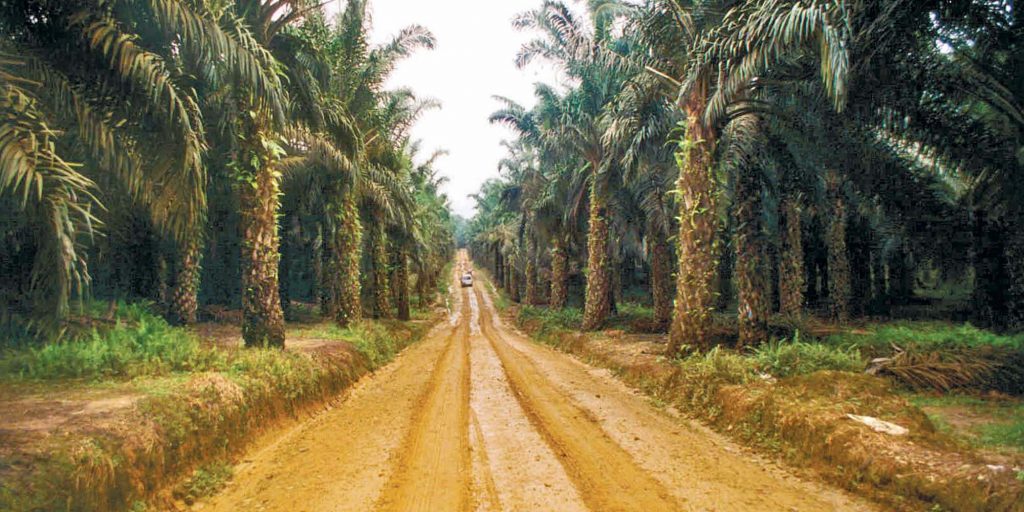Ahead of a crucial EU vote on capping biofuel quotas on Tuesday, almost 200 civil society organisations from across South East Asia and Latin America have called on EU decision-makers to halt the devastating impacts of EU biofuels policy on people and the environment.
The EU’s use of palm oil for transport fuel is highly controversial and has been rising rapidly, increasing 365% since 2006. Palm oil from Indonesia and Malaysia is the biggest imported component of the biofuels in Europe’s fuel tanks. Not only that, the increase in demand for vegetable oil for EU biodiesel has serious knock-on effects, indirectly driving palm oil expansion globally.
Biofuels are often seen as an easy solution to the climate problems posed by our car obsession. But the organisations say biofuels policies are expanding palm oil plantations, and this has devastating and often irreversible consequences including land grabs, hunger, rising greenhouse gas emissions and deforestation.
The letter was sent to MEPs on the European Parliament Environment committee, who will vote on Tuesday 24 February on whether to put a cap on food crops in biofuels, which will prevent some of the devastating global impacts, and make sure that the climate impact of biofuels is fully accounted for. Existing policy stipulates that 10% of energy in transport should come from ‘renewable’ sources, almost all biofuels from food crops.
There is an urgent need for these MEPs to act decisively. The civil society organisations, who represent communities and people affected by EU biofuels policies, say the relentless drive for unsustainable biofuels is responsible for:
- Labour and gender injustice: The industrial oil palm plantation system frequently fails to respect the rights of workers, causes gender injustices and often involves child labour, denying children their right to education.
- Loss of clean water supplies, food sovereignty and cultural integrity: Palm oil plantations require huge amounts of water and contaminate vital water sources with effluents, including rivers and lakes used for fishing, washing and drinking. The destruction of forests and fertile agricultural land to make way for oil palm plantations is jeopardising the food sovereignty and cultural integrity of entire communities who depend on the land as their source of food and livelihoods.
- Driving climate change: Industrial oil palm plantations are one of the world’s largest contributors to greenhouse gas emissions, causing deforestation, draining of carbon-rich peatlands, forest fires and the burning of land. Biofuels which drive the expansion of palm oil will not only fail to reduce greenhouse gas emissions; they could make climate change worse.







